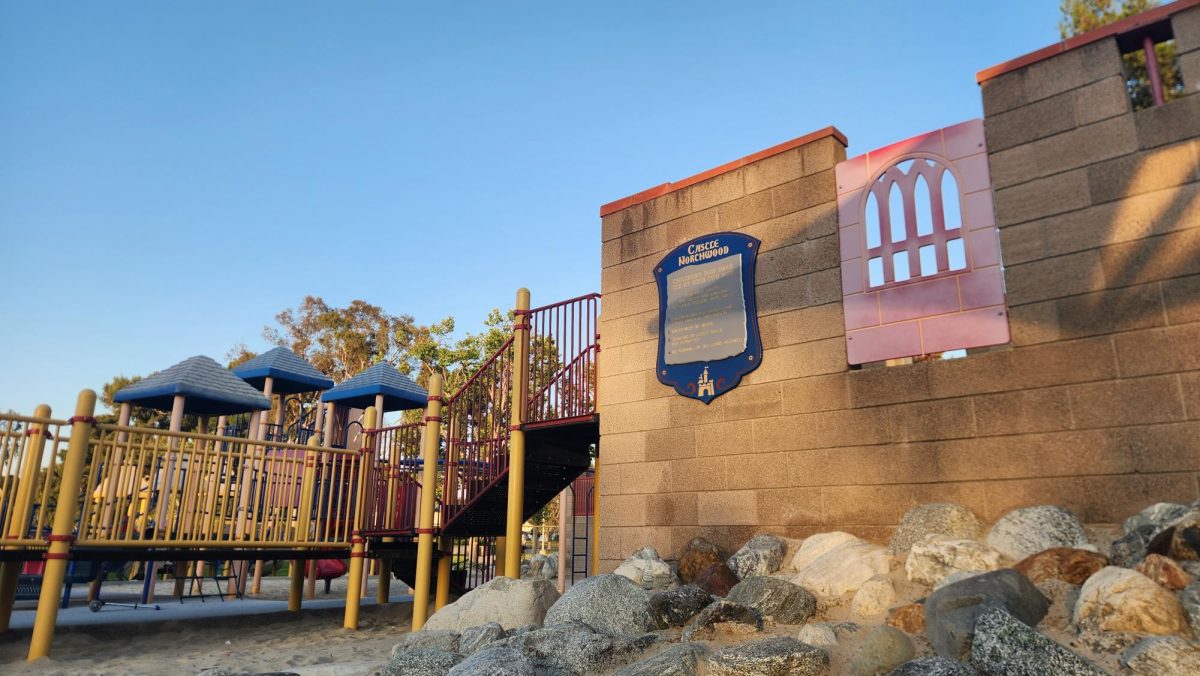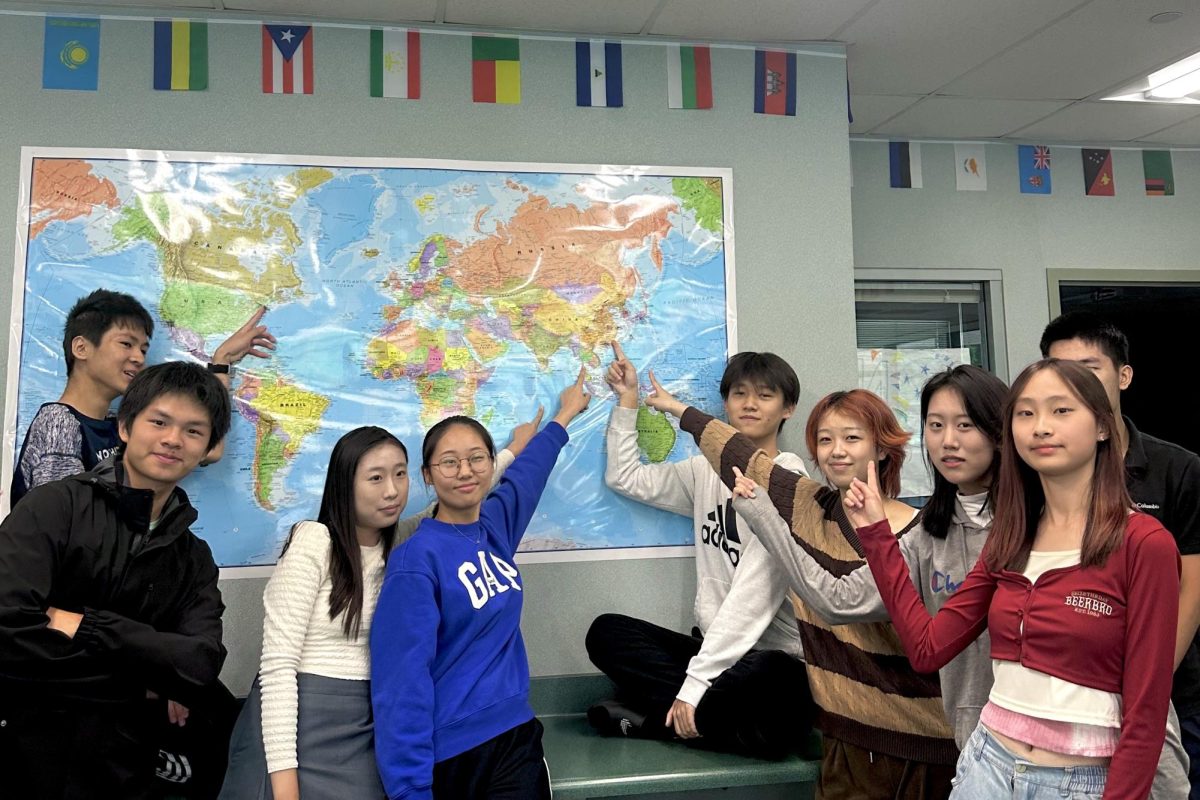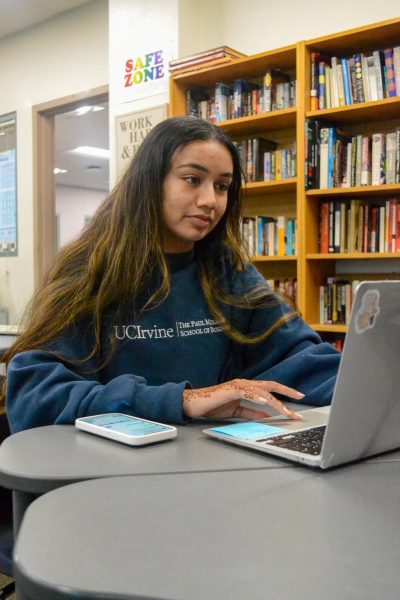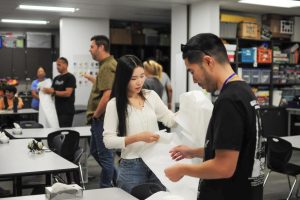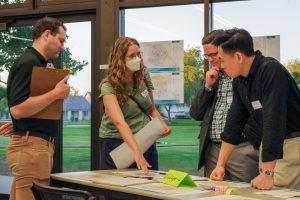Discussing the Capitol Insurrection in schools
February 10, 2022
Jan. 6, 2021. Over a year ago, in the last few days of the Trump administration, a violent mob of protesters gathered at the U.S. Capitol in an attempt to prevent the certification of the electoral vote in favor of President Joseph R. Biden. Demonstrators rioted, broke windows and severely damaged Capitol property, killing one Capitol police officer in the process. The next day, some of us were eager to talk about what happened in the classroom, and personally, I was curious to see if any of my teachers would address the issue, but found that several were reluctant to bring up such a controversial event. Discussing the Capitol riots with conflicting opinions in the classroom is difficult, but still necessary for students to understand these events develop.
“Everything that you teach is a political choice,” history teacher Bryan Hoang said. “There are two appropriate times to talk about current political events: One is when you are teaching something that happened in the past that ties directly to a modern event and ask kids to draw parallels. The other time to talk about it is right after the event occurred so students can make sense of it.”
That’s exactly what Hoang did: He addressed the insurrection in both contexts. The day after the event, he taught about the insurrection in the context of the historical topic of previous rebellion in U.S. history. When lecturing his class, he first showed students what happened through videos before discussing why this happened by looking at Trump’s speech before the insurrection. By asking his students to analyze what they saw, they were able to form their own opinions regarding this controversial topic. The Capitol riot has shown the delicacy of our nation’s political climate, but also shed light on how important it is for teachers to provide their students with opportunities to learn from historical events. When teachers are willing to approach all situations, even those as polarizing as the Capitol riots, with the intent of helping students gain insight, students benefit by recognizing the pitfalls behind various actions in history.
“I think it is much more honest to be upfront about my own positions and biases and let students decide whether they disagree,” history teacher Steven Plette said. “I think my role is to model effective, civil conversations about political and controversial issues and I won’t shy away from those conversations. No student of mine has ever been penalized for disagreeing with me. I was pretty upfront with my assessment of the actions of the people who stormed the capitol on Jan. 6.”
The Capitol riots are a part of American history and should be discussed as such. By fully investigating these topics, teachers set up students to become critical thinkers and ultimately open the floor for students to develop their political perspectives through civil discussions in a safe, respectful environment.










